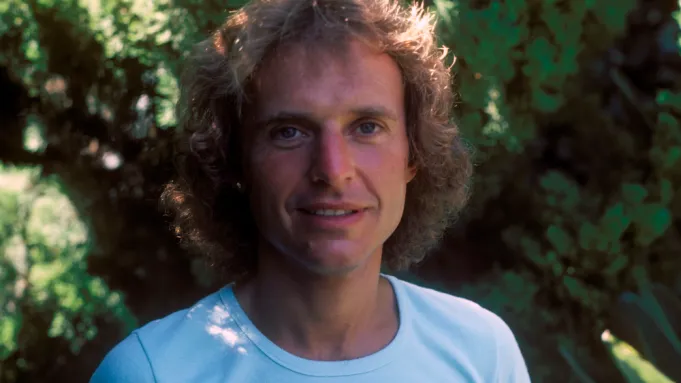Gary Wright, the iconic musician renowned for his chart-topping hits “Dream Weaver” and “Love Is Alive,” has sadly left us at the age of 80. The news of his passing was confirmed by his son Dorian, although the exact cause of death has not been disclosed.
Wright’s illustrious career spanned decades, and he left an indelible mark on the world of music. Notably, he was a founding member of the U.K.-based band Spooky Tooth and became a highly sought-after session musician in the late ’60s. His keyboard and vocal talents graced numerous iconic records, including all of George Harrison‘s solo albums, most notably the groundbreaking 1970 release, “All Things Must Pass.” He also contributed to Ringo Starr’s early singles and had the honor of performing with Ringo’s All-Starr Band.
READ MORE: Woody Allen’s ‘Coup de Chance’ Premieres to Standing Ovation and Protests at Venice Film Festival
While Wright’s musical prowess was widely acknowledged in the industry, he will forever be remembered for his mid-1970s hits, “Dream Weaver” and “Love Is Alive.” These songs were emblematic of the era, characterized by a mystical, synthesizer-driven sound that captivated audiences. Wright’s presence on music shows, donning satin attire and showcasing his keyboard wizardry, became iconic during this period.
Born in New Jersey, Gary Wright initially pursued a career in acting, appearing on Broadway in “Fanny” during his childhood. However, his passion for music led him to study medicine in Berlin while continuing to play with various bands, including one intriguingly named the New York Times. A pivotal moment occurred during a 1967 tour with the band Traffic when he crossed paths with Chris Blackwell, the founder of Island Records. Impressed by Wright’s talent, Blackwell convinced him to come to London, where Spooky Tooth was formed.
Spooky Tooth released their first two albums, “It’s All About” and “Spooky Two,” both produced by Jimmy Miller and featuring Wright as a co-writer. Although these albums didn’t achieve chart success, they generated considerable buzz within the music industry. The band’s songs were covered by numerous artists, including Three Dog Night, the Move, and Judas Priest. Wright eventually parted ways with Spooky Tooth in 1970, paving the way for his solo career.
Signing with A&M Records, he released the solo album “Extraction” in 1970, featuring contributions from drummer Alan White and bassist Klaus Voorman. These collaborations led Wright into the orbit of the Beatles, with whom he formed enduring friendships. He played on all of George Harrison’s solo albums and even appeared on American TV’s “Dick Cavett Show” in 1971.
In subsequent years, Wright reformed Spooky Tooth and released two albums while continuing to work with Harrison. His journey with Harrison included a shared interest in Eastern religions, culminating in a trip to India in 1974.
After Spooky Tooth disbanded once again, Wright moved to New York, signed with Warner Bros. Records, and released his album “The Dream Weaver” in 1975. The title track, inspired by his journey to India with Harrison, became a major hit, solidifying Wright’s status as a music sensation. Although subsequent albums did not reach the same heights, he continued to release music, with his last album, “Connected,” hitting the shelves in 2010.
Throughout his career, Wright’s songs remained influential and were covered by artists such as Chaka Khan. He also found a place in hip-hop culture, with his music sampled by artists like Jay-Z and Tone-Loc.
Gary Wright’s legacy is etched in music history, and his contributions to the industry will continue to resonate with generations of music lovers.




















